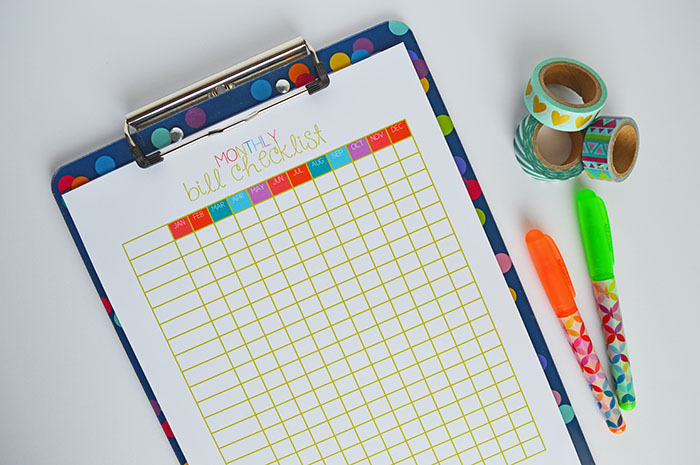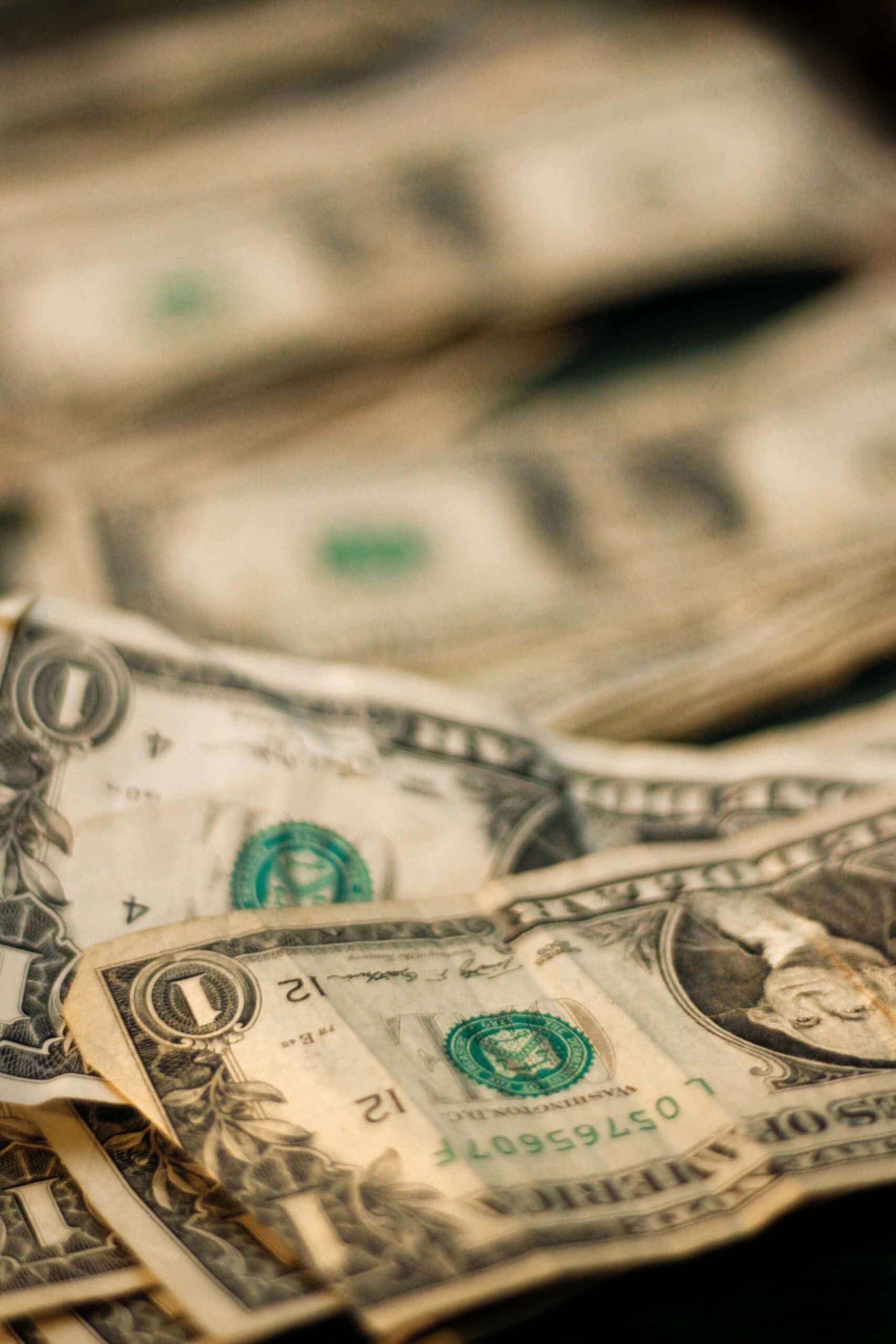How to Stop Living Paycheck to Paycheck
This post may contain affiliate links. See our full disclosure policy, here.
Living paycheck to paycheck can feel like a never ending hamster wheel. The stress that comes with just struggling to get from one paycheck to another without running out of money has an immense effect on your quality of life, and that of your family’s too. So many people want to stop living paycheck to paycheck, but they just aren’t sure how to get started. It can be daunting and really overwhelming to try and crawl out of a negative financially. Chances are, if you are living paycheck to paycheck, you have other financial issues that are getting put on the back burner, just for the sake of getting by and having enough cash to afford what your family needs from week to week. Today I’m sharing the steps how to stop living paycheck to paycheck. Use these tips to start making progress on your financial goals.
This post contains affiliate links. See our full disclosure policy, here.

Get on a budget
Getting on a budget is essentially really simple- you need to add up your income, and your monthly bills and expenses. You want your income to be more than your expenses. Then, you take into account due dates for your bills, and you make a plan for getting those bills paid on time each month. I have a great post here on How to Budget Your Money. Be sure to think hard about the expenses you have every month- reference back to your bank account statements if necessary. When I’m resetting our budget, I like to look at a few months worth of statements and categorize all of the money we spent in different areas- groceries, gas, miscellaneous spending, fast food, etc… to see where we stand and how much we are spending in each area. This also gives me a good idea of where our spending is getting out of control, too. Write down all of your monthly bills, and all of your regular expenses. Then, write down any annual expenses that you normally don’t prepare for since you are living paycheck to paycheck. Think car taxes and tags fees, school clothes shopping, Christmas, etc.. we’re going to come back to those.
Be sure to grab my free budgeting printables when you sign up for my email list-
Stop using debt
If you are living paycheck to paycheck it is important to stop using any credit cards that you may have. I am not anti-credit cards, but I do think that when you are struggling to get into the positive, and to get from week to week without running out of funds, now is the time to put your credit cards in a drawer and stop using them.
Cut excess expenses
Now is your chance to sit down and look at any unnecessary expenses and spending. If you went through your bank statements like I mentioned, you probably already have a good idea of these. I know at any given time, we could probably free up $100-200 a month by cutting some subscriptions we have- whether for TV streaming, video games, subscription boxes that come in the mail, etc… all of those things are not necessary to live and can be easy to forget about while they continue to stretch your budget thin. Look for any bills you can eliminate, subscriptions you can end, etc…
Call to lower bills
A good idea when your budget gets tight is to call your service providers- cable, internet, mobile, etc… and ask about options for lowering your bill. If there aren’t any options, can you cancel that service and get a new provider with lower fees? It might be time to switch cell phone providers, or to switch satellite or cable services, if you decide to keep those, to get some special introductory pricing for a while. If you are in a contract though, be sure to check that you won’t have to pay extra to have those services canceled.
Stick to a food budget
For us personally, our food spending is the biggest area of our budget. From buying groceries to getting food out, we spend more money on food than anything else and it can quickly get out of control. Definitely look at your spending habits in these areas. Set yourself a grocery budget. A good rule of thumb is $100 per person, per month. Anticipate extra if you have pets for things like pet food and supplies. Make a commitment to eating at home. With a couple of trips through the drive thru, you could buy a whole week’s worth of groceries, so it can be super helpful to stay out of the drive thru or out of the restaurants for a while and recommit to cooking at home to save money. This is where we see the biggest immediate savings in our budget when we need to make changes.
Earn extra income
If at all possible, look for ways to earn extra income. Some ideas include delivering for a company like Door Dash, offering babysitting to neighbors and friends, getting a part time job on the weekends to earn additional income. If your expenses and bills are more than your income, this is even more important. You really have to find a way to increase your income. Look at ways to earn extra income from home. With technology there are more opportunities for this than ever. Research different ways to make extra money and find something that works for your family and lifestyle. It’s also so simple now to sell unused items from your home. With websites like Mercari or just Facebook Marketplace, you can earn some extra cash to pad your savings account by selling things around your home that you no longer need.
Snowball your debt
The best way to get out of debt, especially when there isn’t extra room is by snowballing your debt. The principle is you start with the smallest debt and focus in on that. You still pay the minimums on all debts you owe, but any extra money you do have goes towards that smallest debt. If you have no extra money, just continue to pay the minimum. Once that smallest debt is paid, you take that monthly payment amount- say $35, whatever the minimum payment was, and you start paying that additional onto your next smallest debt. Let’s say your next debt has a minimum payment of $25. When you add the extra $35 you are now paying $60/month to get that next smallest debt paid ASAP. Then, that’s where things get really exciting. When that debt is paid you have another $60 to add on top of the next minimum payment. This is where you will really see things start to “snowball” and your debt balances going down fast.
Save for irregular expenses
Once you start to get out of the negative with your finances, the best thing you can do is start saving for irregular and “unexpected” expenses. I say unexpected not because they are emergencies, those are different. These are unexpected in the sense that you know they are coming but you don’t necessarily worry about it until the time has come to pay. By saving up for these expenses, you can really avoid falling back into the negative and back into that paycheck to paycheck trap. I consider these to be “sinking funds” and we try to save for things like our yearly car taxes and tags, because that can be a $300 expense that just comes up. By saving in advance it doesn’t impact our budget. There are lots of ideas for sinking funds, and I share more about these in my post- What are Sinking Funds?
I highly recommend Dave Ramsey for budgeting and taking control of your finances. I don’t agree with every one of his principles, but I do believe he gives an excellent foundation to get control of your finances and to improve your financial future, his tips and strategies can certainly help you stop living paycheck to paycheck.
Next, head over and check out our Free Budgeting Printables!
For more tips on budgeting a finances, be sure to sign up for my email list. I’ve got free budgeting printables for you and more tips coming your way.





